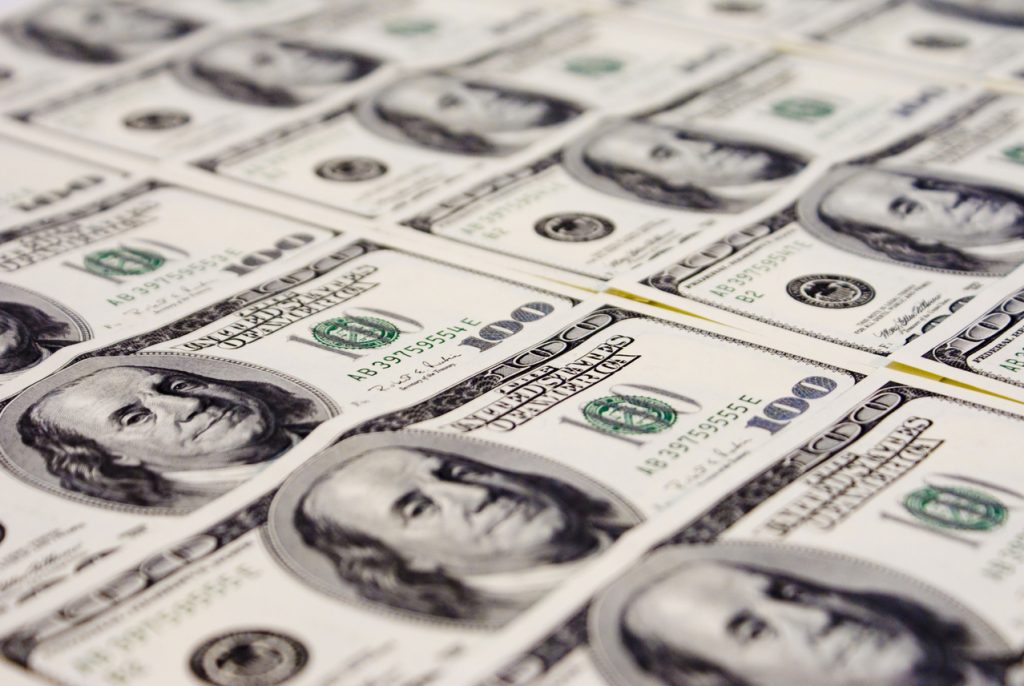
There is an oft repeated joke among investors that the fastest way to become a millionaire is to start with a billion dollars and buy an airline. While the airline industry has done wonders for travel, it has largely performed poorly as an investment since the first airlines were incorporated in the early 1900s. In fact, Warren Buffett, CEO of Berkshire-Hathaway, wrote in one of the company’s recent annual reports that a forward looking capitalist would have shot down the Wright brothers during their famous first flight at Kitty Hawk, NC.
All jokes aside, brilliant investment ideas are rare and get-rich-quick schemes should be treated with a healthy dose of skepticism. While we all seem to know someone that became rich immediately, the odds of most people going from rags to riches overnight remain low.
There isn’t good data on the exact figures connected with instant wealth, but I’d be surprised if greater than 10% of the clients at our firm achieved their wealth via a large one-time event. They didn’t accumulate their wealth because they chose a stereotypically lucrative career path either. The vast majority, I suspect, achieved their wealth over time and could be categorized as aggressive savers, hard workers and, most importantly, patient investors.
“Time in the Market, Not Timing the Market”
The power of patience when investing led Albert Einstein, to once remark that “Compound interest is the 8th Wonder of the World. He who understands it, earns it…he who doesn’t…pays it.”
I was reminded of this recently when, amidst the latest round of discussions about income and corporate taxes, there was a nugget from an Oxfam briefing paper predicting that the world could have its first trillionaire in 25 years. The idea that the world will have a trillionaire in the not-too-distant future caught me slightly off guard, especially when it’s estimated the world’s richest person today (Microsoft founder Bill Gates) has an estimated net worth of (only) $85 billion.
The reason it may be plausible we have a trillionaire in the next quarter century is because of compounding interest. The table below helps illustrate the math of compound interest over multiple decades and how that power increases dramatically the longer you’re able to stay invested.
Initial Investment = $100,000
| Number of Years | Interest Rate | |||
|---|---|---|---|---|
| 5% | 6% | 8% | 10% | |
| 5 | $127,600 | $133,800 | $146,900 | $161,100 |
| 10 | $162,900 | $179,100 | $215,400 | $259,400 |
| 15 | $207,900 | $239,700 | $317,200 | $417,700 |
| 20 | $265,300 | $320,700 | $466,100 | $672,800 |
| 25 | $338,600 | $429,200 | $684,800 | $1,083,500 |
| 30 | $432,200 | $574,400 | $1,006,300 | $1,749,500 |
| 35 | $551,600 | $768,600 | $1,478,500 | $2,810,200 |
| 40 | $704,000 | $1,028,600 | $2,172,500 | $4,525,900 |
A $100,000 investment earning 10% for 20 years is worth 6.7x the initial investment. Staying invested for just five more years, and the same amount turns into 10.8x the initial amount! Now if we multiply $85 billion by 10.8 we arrive at $918 billion, which is really close to that $1 trillion figure referenced above.
It’s fair to note that 10% is an ambitious rate of return to earn. Even if that $85 billion earns 8%—a rate of return more in line with historic results—in 35 years the value surpasses the trillion dollar mark as it would grow by 14.8x the initial investment.
The magic of compound interest is clear, whether you’re working with a base of $100,000 or billions. The Jack and the Beanstalk type of growth achieved over time can work for anyone with the right amount of discipline and patience.
The rate above is a hypothetical example and is not representative of any specific situation. Your results will vary. The hypothetical rates of return used do not reflect the deduction of fees and charges inherent to investing. Investing involves risk, including loss of principal.

